Affiliate links on Android Authority may earn us a commission. Learn more.
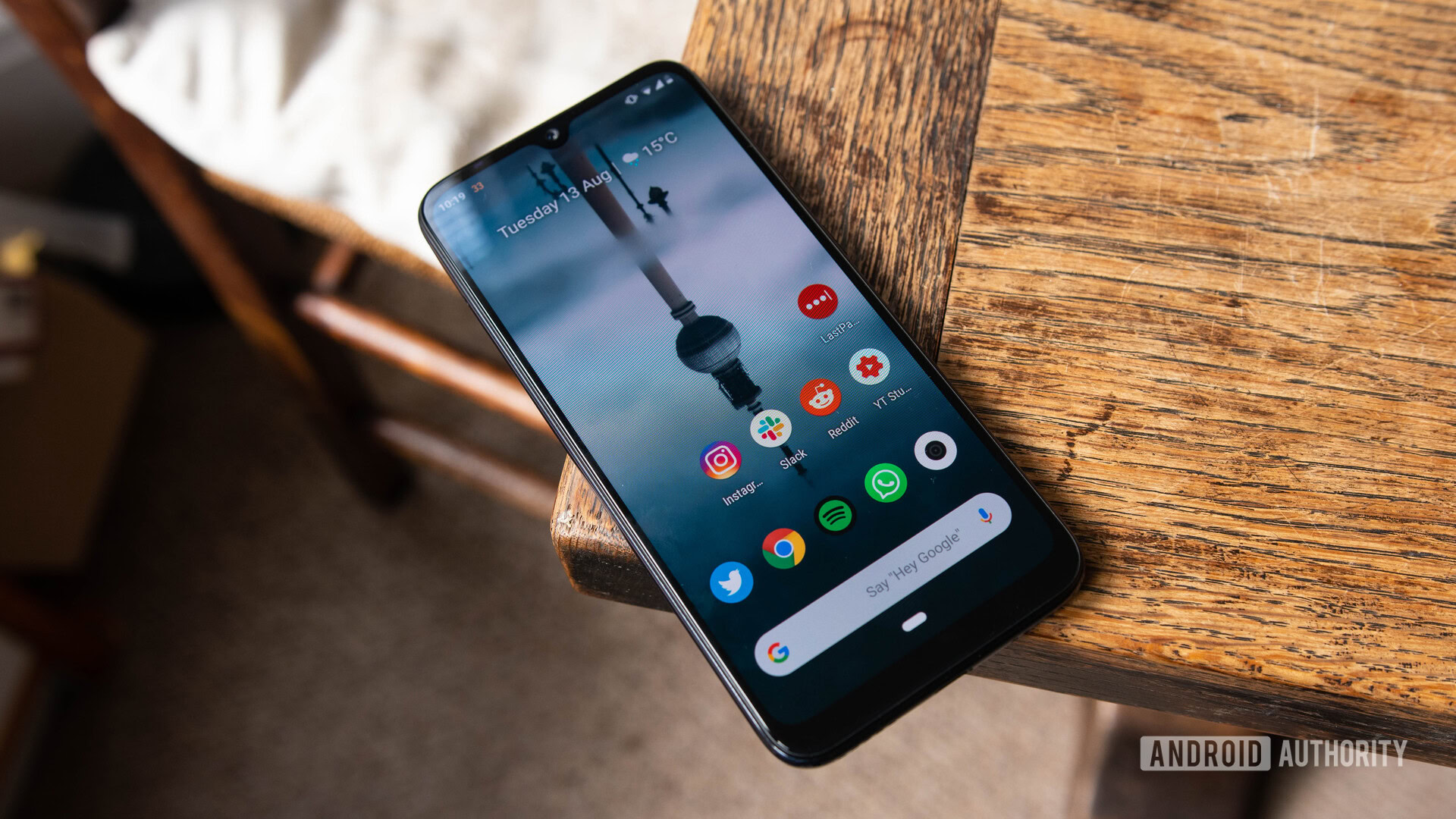
Xiaomi Mi A3 review: A safe bet
Published onJanuary 1, 2020
Xiaomi Mi A3
What we like
What we don't like
Our scores
Xiaomi Mi A3
Last year, Xiaomi released a great budget smartphone in the Mi A2, but I felt that its lack of a headphone port, lower resolution display, and boring design were too many compromises when the more affordable Mi A2 Lite was a far better value. Xiaomi recently released the Mi A3, which seems to remedy a lot of the issues that I had with the Mi A2. However, it is compromised in areas that I’m not sure will sit well with everybody.
This is Android Authority’s Xiaomi Mi A3 review.
The big picture
The Xiaomi Mi A3 is a safe bet for those looking for a cheap and cheerful smartphone. At just over €200, it sits with the Galaxy M20 and Nokia 7.1 — yet handily beats them in key areas such as battery life and camera versatility. Building on the well-regarded Mi A2, the Mi A3 ups the build quality, camera, and battery game, sacrificing its feature set and price-to-performance ratio.
Design
- 153.5 x 71.9 x 8.5mm
- 173.8g
- Glass and metal build
- In-display fingerprint scanner
- Water-drop notch
- USB-C port, headphone jack
Xiaomi adopted the glass-sandwich formula with shiny metal rails surrounding the Mi A3, which makes the phone feel far more expensive than it actually is. The camera bump has expanded to include a third sensor, and the flash now resides just outside of the camera assembly, sitting flush underneath the rear glass. That curved rear glass also presents too much text and branding in my opinion, though you won’t be looking at the back most of the time.
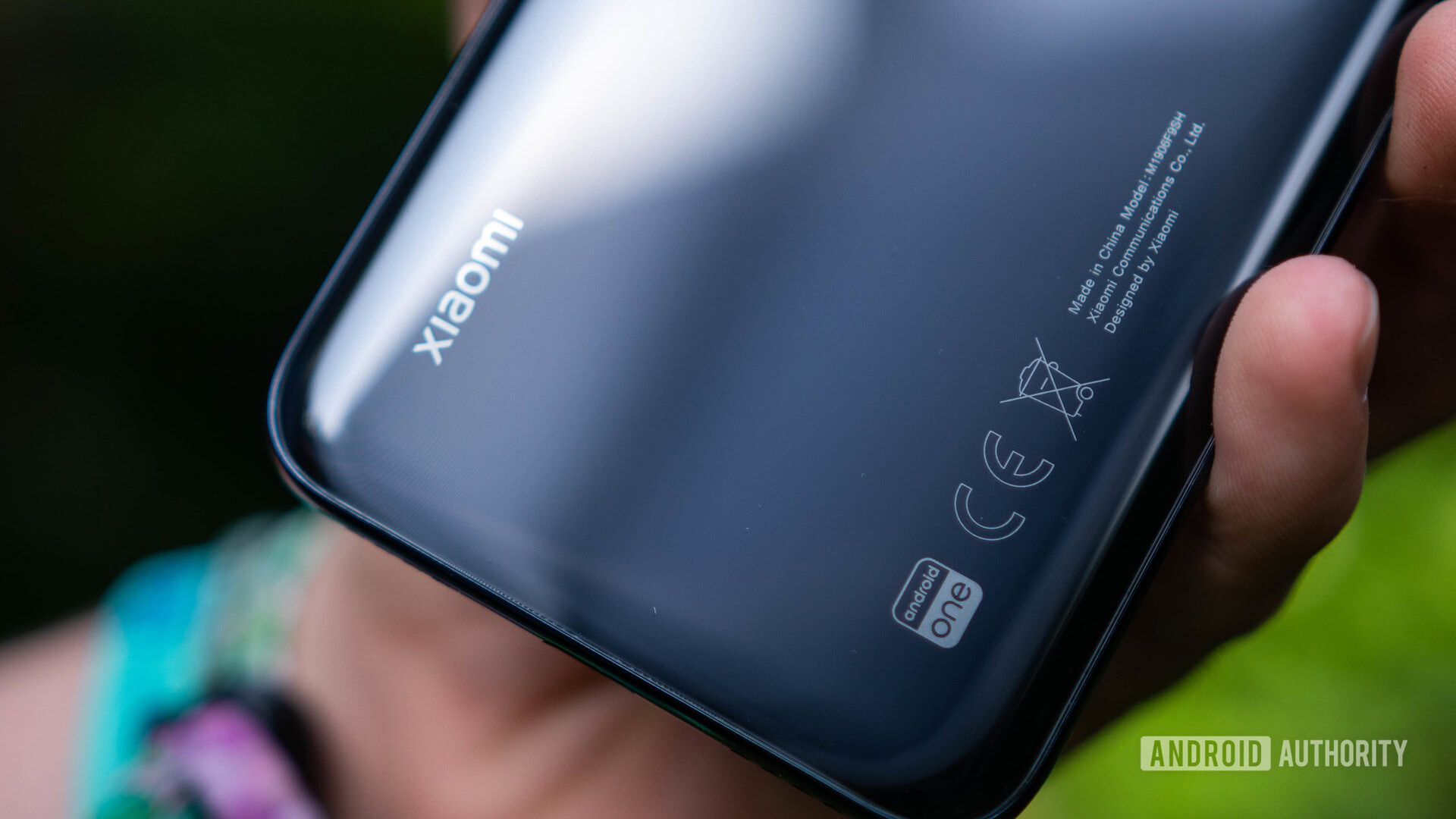
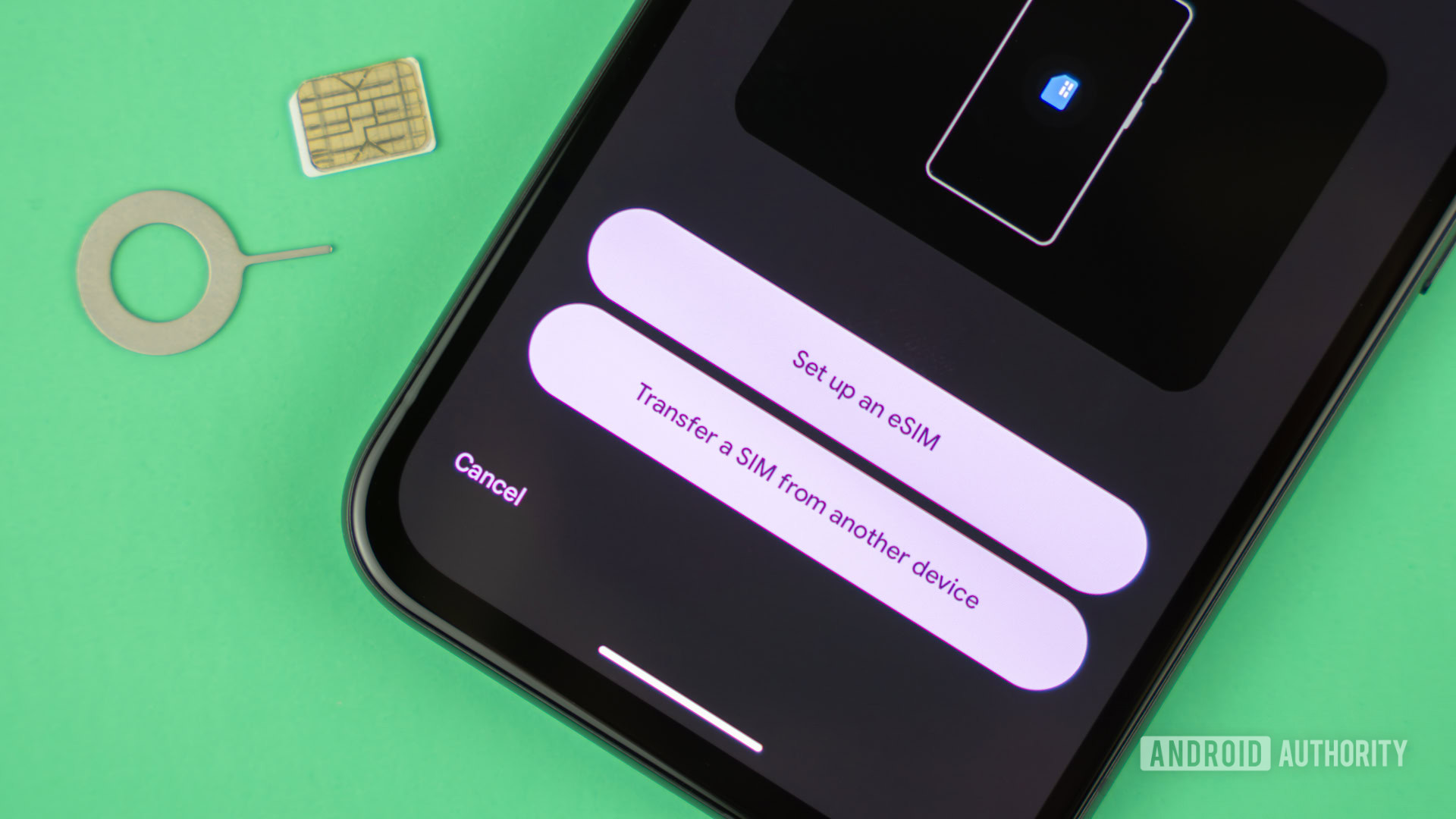
Both the volume rocker and power button reside on the right side, with the dual SIM/microSD card tray on the left. The headphone port and IR blaster sit on the top, and the USB-C port and speaker grille are on the bottom. The front is pretty clean with thin bezels, the 6.01-inch display, a waterdrop notch, and a selfie camera, fitting into the budget space nicely.
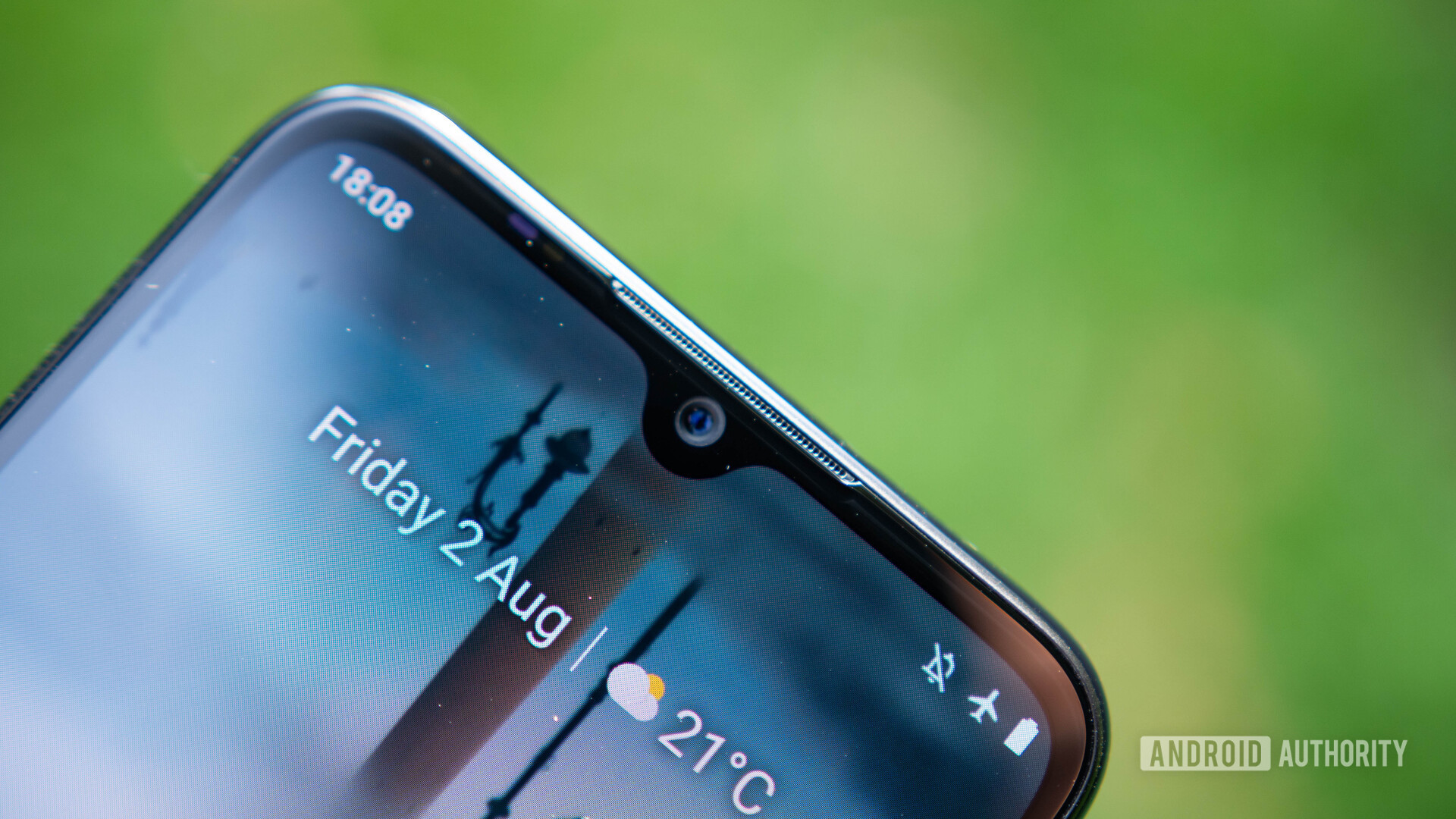
There are three colors: Not Just Blue, More Than White, and Kind Of Gray. The Kind Of Gray that I have feels executive and smart, while the others are more fun and fit more in line with what we’re seeing from flagship manufacturers. The device itself is easy to hold thanks to its narrow design, although it’ll slip off a table if you’re not careful because the back glass, whilst comfortable, is incredibly slippery. The volume rocker and power button are both tactile and solid, if the smallest amount rattly.
Display
- 6.01-inch HD+ display
- 1,520 x 720 resolution
- 19.5:9 aspect ratio
- AMOLED panel
- 286ppi
- Gorilla Glass 5
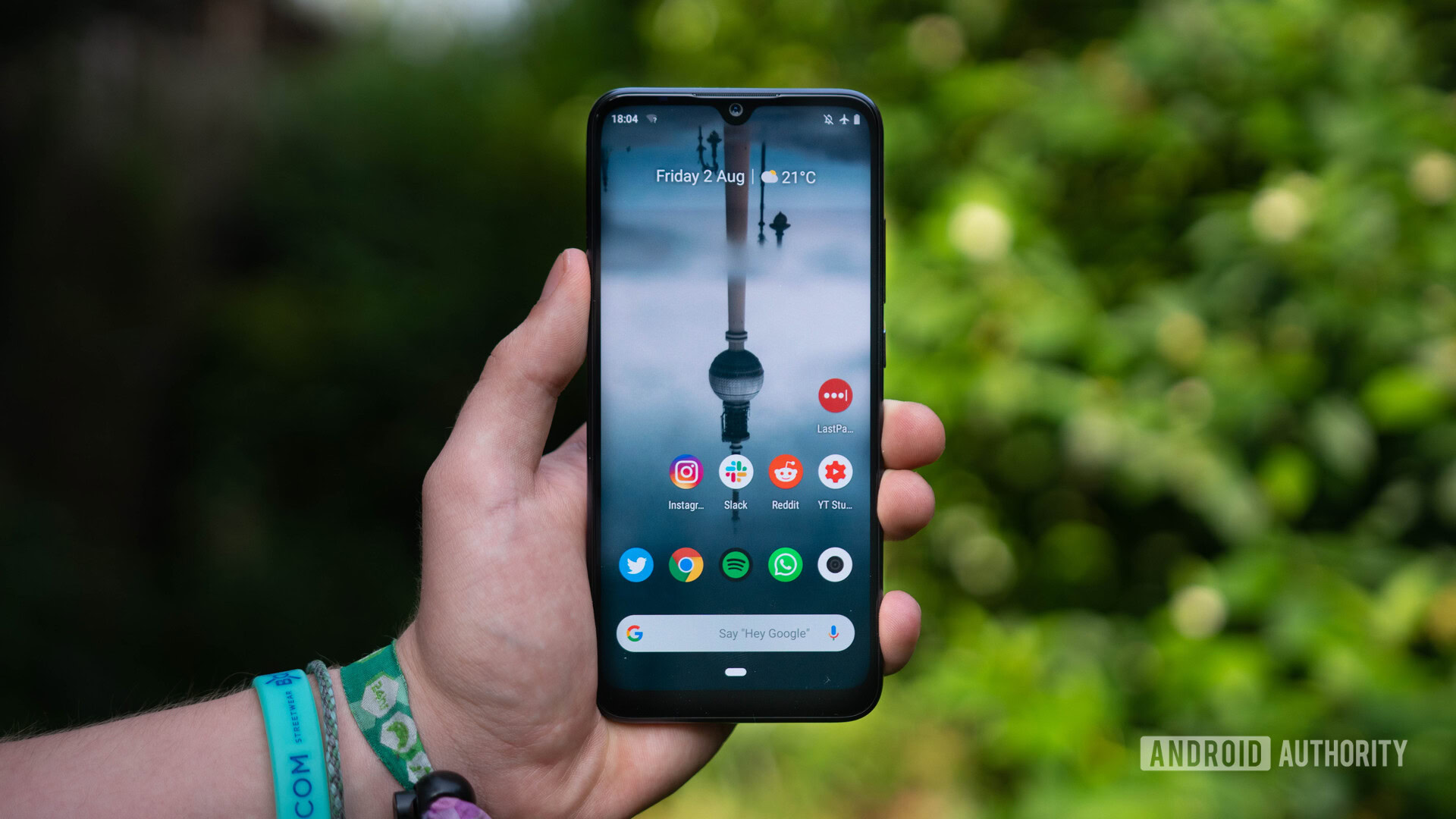
Controversially, Xiaomi opted to drop the Full HD+ IPS LCD display from the Mi A2 for an HD+ AMOLED that comes in at just 286ppi. My thoughts on this are mixed, but I lean towards the side of agreeing with their decision. Whilst the sharpness takes a noticeable hit on the 6.01-inch screen, the better contrast, color depth, and saturation of the AMOLED all outweigh those missing pixels for me. The lower resolution panel also benefits the Mi A3’s battery life, which was unsurprisingly good.
For those who spend a lot of time reading on their smartphones, it’s going to feel like your eyes are slightly out of focus when reading on this, compared to sharper displays. I like the size, however, since watching videos is a big part of what I do on my smartphone. It’s not huge by any means, but it sits in a nice sweet spot between multimedia consumption and ergonomics.
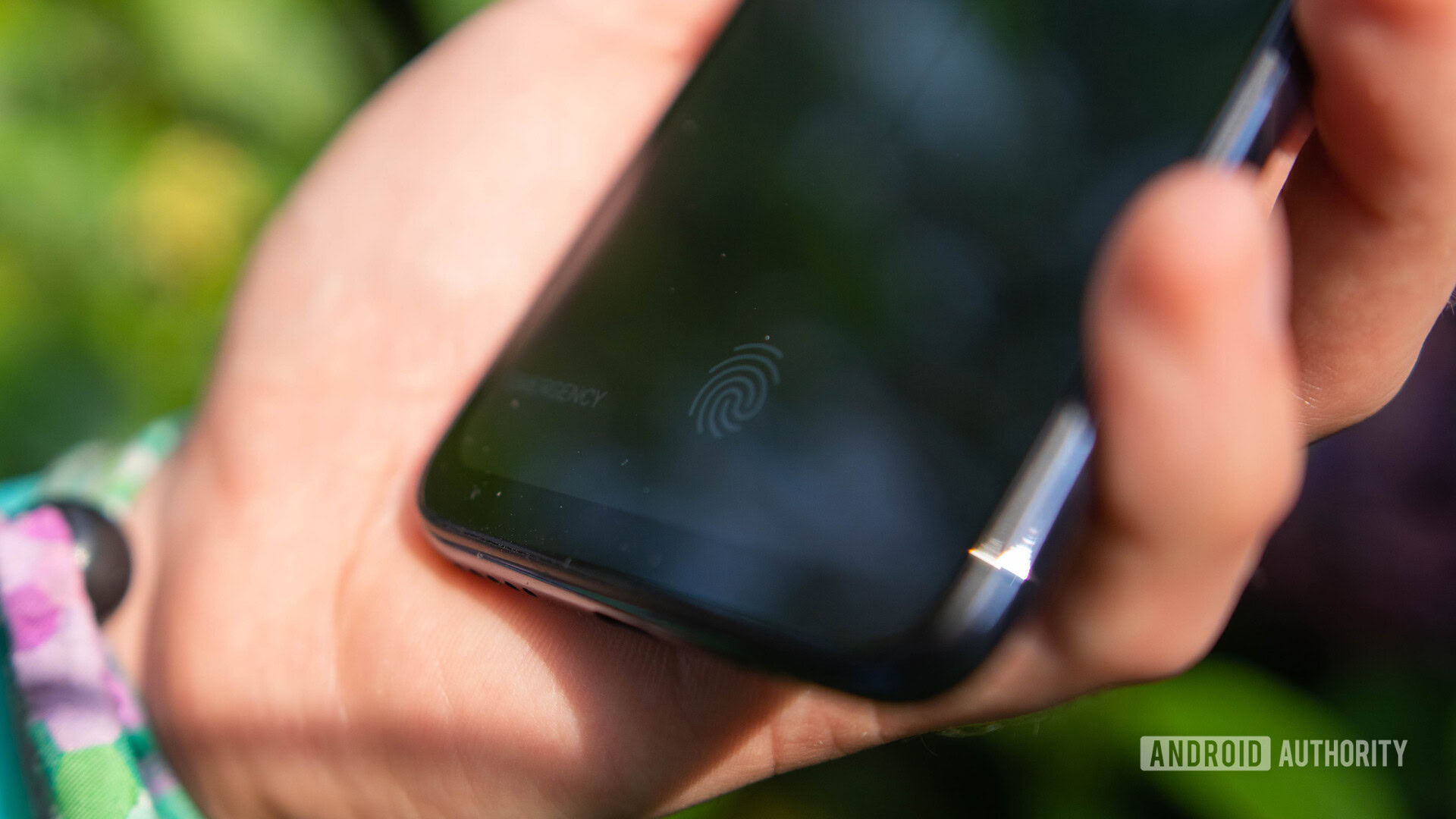
The in-display fingerprint scanner on my Xiaomi Mi A3 review unit was painfully slow. Xiaomi probably included the feature to show that the Mi A3 could keep up with premium devices, but only to its detriment. Not only is this scanner slow, but it’s also pretty unreliable. It was often far quicker and easier to enter my pin code — something that I had to do most of the time anyway.
Performance
- Snapdragon 665
- 4 x 2.0GHz Kyro 260 Gold + 3 x 1.8GHz 260 Silver
- Adreno 610
- 4GB RAM
- 64/128GB ROM
- microSD card
Day-to-day performance is adequate for those to whom this phone is marketed. Browsing social media, watching YouTube videos, and shopping on the likes of Amazon and eBay are all smooth on this device. With a mid-range chip, I expected mid-range performance, and that’s exactly what I got.
Gaming in Real Racing 3 was smooth, even if it didn’t look fantastic due to the low-resolution display. A pretty huge issue arose when I tried to play Fortnite on the Xiaomi Mi A3. It wouldn’t let me past this screen (below) that told me that the GPU wasn’t supported. This came as a surprise because PUBG had set my settings to maximum based on my specs. Not only this, but PUBG ran pretty smoothly despite these settings. I’m not sure if this is to do with the 655’s relatively recent release or perhaps an issue with Epic Games, but Fortnite players be warned!
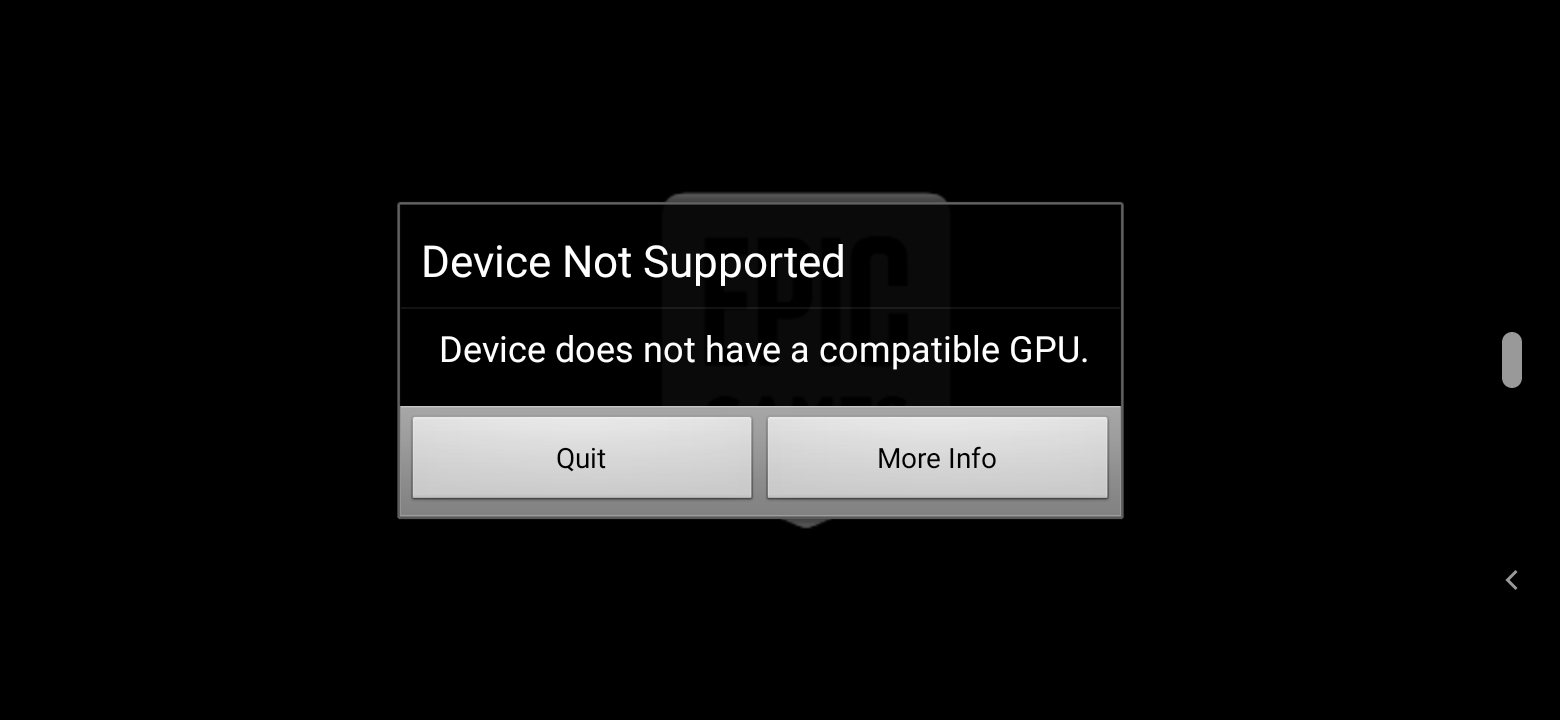
One of the areas that was noticeably slow, however, was the camera app. Switching modes and taking photos was pretty slow, making it hard to get the shot I wanted if I was in a dash or if I had a moving subject.
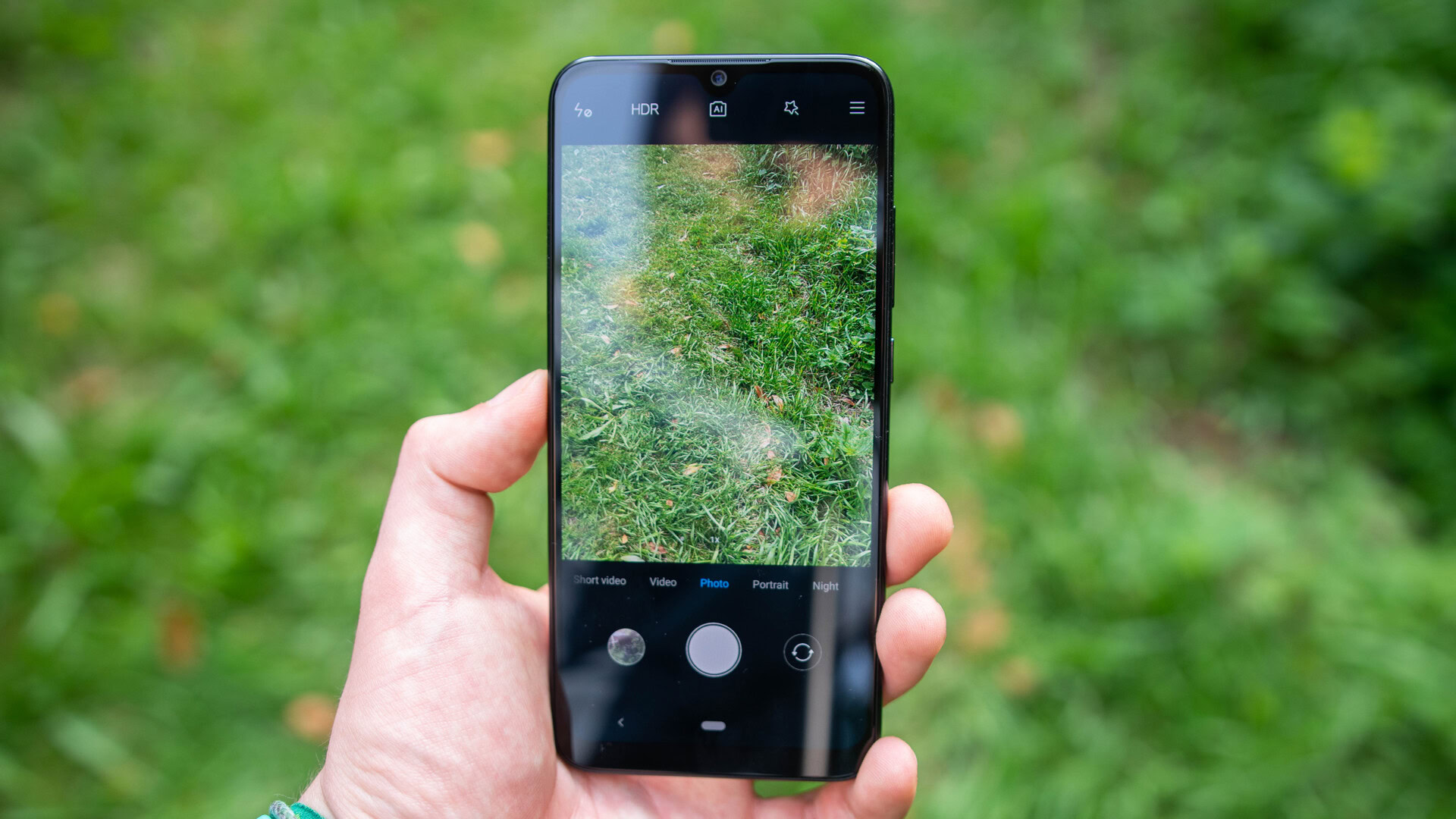
Battery
- 4,030mAh
- 18W fast charging
When you consider the low-resolution screen, large battery, and modern SoC, it’s not difficult to see why the Mi A3 offers good battery life. I easily got a full day of usage with this phone, using it mostly for browsing social media and watching YouTube videos.
The Mi A3 offers good battery life.
The charging tech in this phone is about what we’d expect. Almost every phone these days has some form of fast charging, and the Xiaomi Mi A3 supports up to 18W charging. In the box, you get a 10W brick, so you are limited. You can buy a separate 18W charger should you find it a necessity.
Camera
- Rear:
- 48MP primary, at f/1.79
- 8MP wide-angle, at f/2.2
- 2MP depth sensor, at f/2.4
- Front:
- 32MP, at f/2.0
I really like the Mi A3’s camera setup, considering the cost of the phone. We get a wide-angle lens, which is super handy for tight spots and unique angles, along with the standard and depth sensors. Results are impressive for the price, but nothing mind-blowing. The Mi 9T, which is only a bit pricier, adds a telephoto for even more flexibility.

This camera does like to emphasize certain colors in any given image. It’s not necessarily life-like or natural looking, but that arguably makes for a more enjoyable viewing experience.

The HDR is pretty good when you consider how affordable the phone is, though most phones sport good HDR these days. I found that shooting in harsh sunlight wasn’t an issue for the Mi A3, where last year’s phone would have stumbled.

Night-time shooting and low-light photography were tricky for the modest Mi A3. The device struggled with noise and with processing multiple exposures. I found loss in clarity, sharpness, and detail to be particular issues. Moreover, the night shooting mode took its sweet time to process my images.

Using the night mode to get more detail and dynamic range in lighter conditions is a good idea and something that I used often in my time with the device. This seemed to unnaturally increase contrast, which I quite liked in this shot of my bike, but it won’t suit all environments.

Portrait mode does a pretty poor job of edge detection and focus roll-off. We see here that my t-shirt is being attacked by the faux-bokeh, and the sign at the right is in focus despite the heavy blur in the area below it.

Video, at 4K 30fps, isn’t amazing on the Mi A3. Image stabilization leaves footage pretty shaky if you’re walking or running while taking video. The change in exposure between bright and dark environments was pretty quick. The sharpness and quality of the video itself is pretty good in 4K, but the slow motion at 240fps loses an awful lot of visual fidelity.
For the full array of test photos, click here!
Read more: Smartphone stills are getting so much better, but what about video?
Software
- Android 9 Pie (Android 10 update available from February 2020)
- Android One
The Mi A3 runs Google’s Android One software, which includes faster updates and longer support, but misses out on custom apps and extra features. Since having a basic, but safe set of hardware requires a clean and smooth piece of software, I believe Android One is a good match for the hardware.
Android 9 Pie is the platform underneath Android One, but Xiaomi promised Mi A3 users will get the Android 10 update from February 2020. The use of this software also bodes well for longevity, as a less-bloated OS is less likely to slow down over time.
Audio
- 3.5mm audio jack
- Bluetooth 5
I was incredibly impressed with the Mi A3’s audio experience. The 3.5mm headphone port, situated at the top of the device, is brilliant. The clear, crisp sound coming through my headphones was a breath of fresh air compared to the smoggy Bluetooth space into which flagship users have been cornered.
The speaker offers far more depth than others of its kind.
The speaker is surprisingly good. It features far more punch and depth compared to most others of its kind, creating a pleasant video-watching experience when you’re without your headphones. It gets fairly loud and is enough for sharing when you want to watch a video with a friend.
Xiaomi Mi A3 specs
| Xiaomi Mi A3 | |
|---|---|
Display | 6.088-inch, HD+ AMOLED 1,560 x 720 19.5:9 aspect ratio 286ppi 80.3% screen-to-body ratio Gorilla Glass 5 |
Chipset | Qualcomm Snapdragon 665 Up to 2.0GHz |
GPU | Adreno 610 |
RAM | 4GB RAM |
Storage | 64/128GB |
MicroSD | Yes |
Battery | 4,030mAh USB-C Fast battery charging (18W Quick Charge 3.0) |
Camera | Rear: 48MP f/1.79 - Main 8MP f/2.2 - Wide 2MP f/2.4 - Depth HDR Video: UHD4K at 30fps, 1080p at 120fps Front: 32MP f/2.0 HDR |
IP Rating | N/A |
Headphone port | Yes |
Connectivity | Dual nano-SIM slots WiFi: 802.11 a/b/g/n/ac, 2.4/5GHz Positioning system: GPS, A-GPS, GLONASS, BDS Supports Bluetooth 5.0 connections Supports aptX, aptX HD, and LDAC |
Security | In-display fingerprint sensor |
Software | Android One, Android 9 Pie |
Colors | Kind of Gray, Not just Blue, More than White |
Dimensions | 153.5 x 71.9 x 8.5mm |
Weight | 173.8g |
Value for the money
- Xiaomi Mi A3: 4GB RAM, 64GB ROM — €215 / 12,999 rupees
- Xiaomi Mi A3: 4GB RAM, 128GB ROM — €260
- Xiaomi Mi A3: 6GB RAM, 128GB ROM- 15,999 rupees
For €215, the Mi A3 sits €50 lower than the Mi 9T, making it a pretty good value smartphone. We get physical features like an IR-blaster, wide-angle camera, headphone port, and in-display fingerprint scanner all for a fraction of the cost of flagship phones.
A major competitor in this market, the Galaxy M20, doesn’t come close to the Mi A3 in terms of features or camera quality. Similarly, the Nokia 7.1 lacks battery life and performance compared to the Mi A3.
The Mi A3 is now available in India and is a pretty good deal for anyone who wants a stock-Android like experience at a budget. Combined with a 48MP camera, in-display fingerprint reader and a decently large battery, the Mi A3 is a decently equipped package that falls just a bit short of the Redmi Note 7 Pro.
Xiaomi Mi A3 review: The verdict
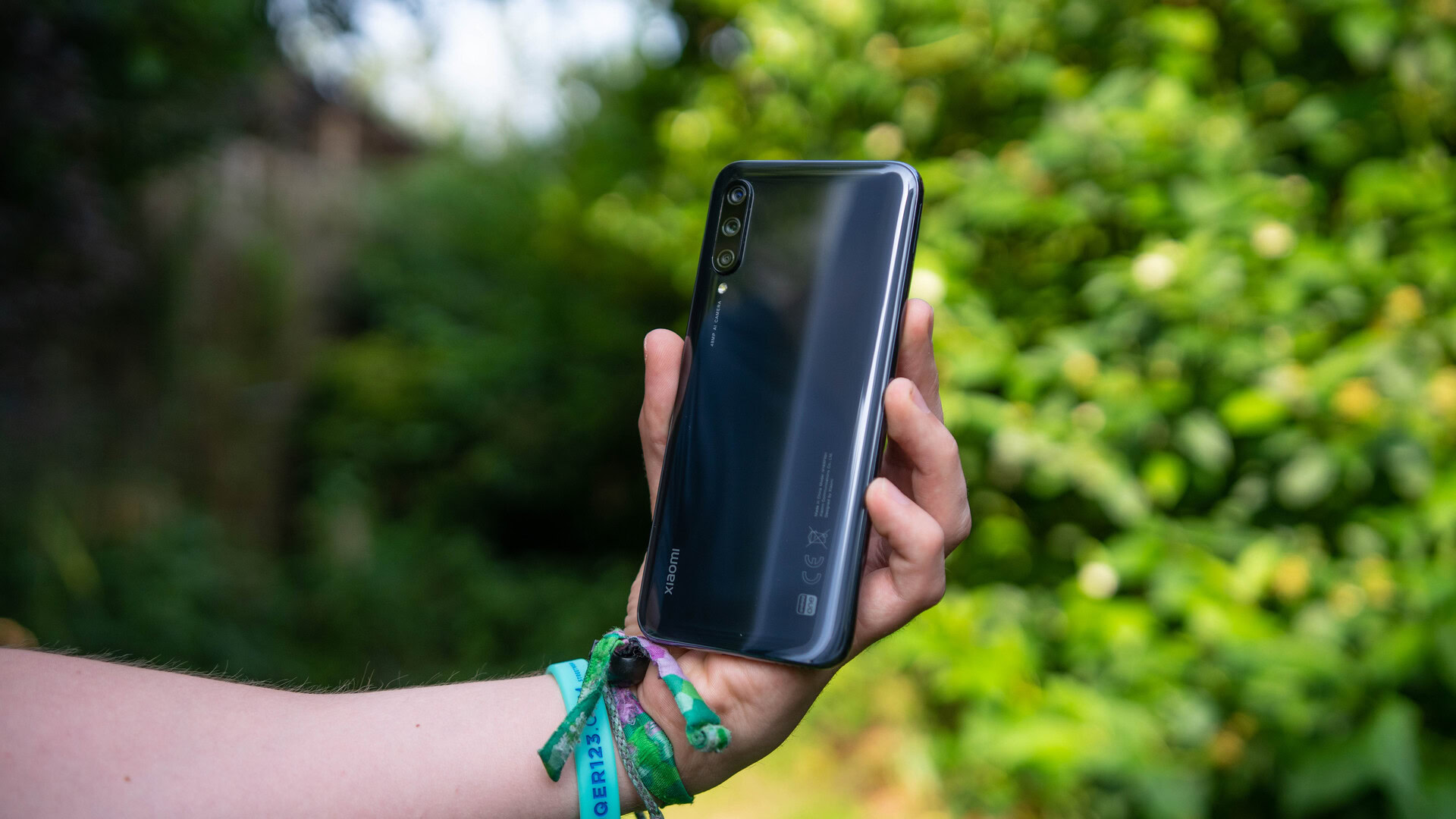
The Mi A3 is a safe bet for people looking for a cheap and cheerful smartphone that comes with all the right features, and none of the hassle. It’s not exciting or interesting or overly amazing, but it does the job. At €220, that’s just what people are looking for.